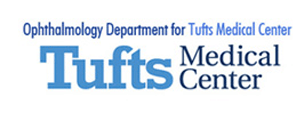Over the past decade-and-a-half, LASIK has become a household word. Indeed, LASIK has become so popular that many people believe it to be synonymous with laser vision correction. While LASIK has proven to be exceptionally successful and safe, there remain a number of misconceptions about the procedure. Below you will find five facts that you should know if you are considering LASIK eye surgery. For further information about LASIK in Boston, contact New England Eye Center.
- Although the excimer laser was first approved by the Food and Drug Administration (FDA) for use in LASIK surgery in 1998, the first successful LASIK procedure was performed seven years earlier by a pair of American surgeons. While LASIK surgery may be a relatively “new” procedure in the grand scheme, it has been performed for nearly twenty years.
- Roughly 700,000 people undergo LASIK and iLASIK each year. More than half of these people achieve 20/20 or better vision without the aid of glasses or contact lenses, according to the American Association of Professional Eyecare Specialists. More than 90 percent achieve 20/40 vision or better.
- Custom LASIK, using WaveScan technology, allows for the correction of higher-order aberrations: the minute and highly individual flaws in the shape of a person’s cornea responsible for visual errors beyond the typical nearsightedness, farsightedness, and astigmatism.
- Most insurance plans do not cover LASIK. However, some employers also allow employees to set aside money for medical expenses (a flexible spending account, or FSA).
- There are alternatives to LASIK. Patients who are not good candidates for LASIK because they have thin or steep corneas or some other condition may be able to undergo PRK, for instance, and achieve the same excellent results.
For further information about LASIK, or any other eye care service, please contact our laser vision correction center in Boston.




